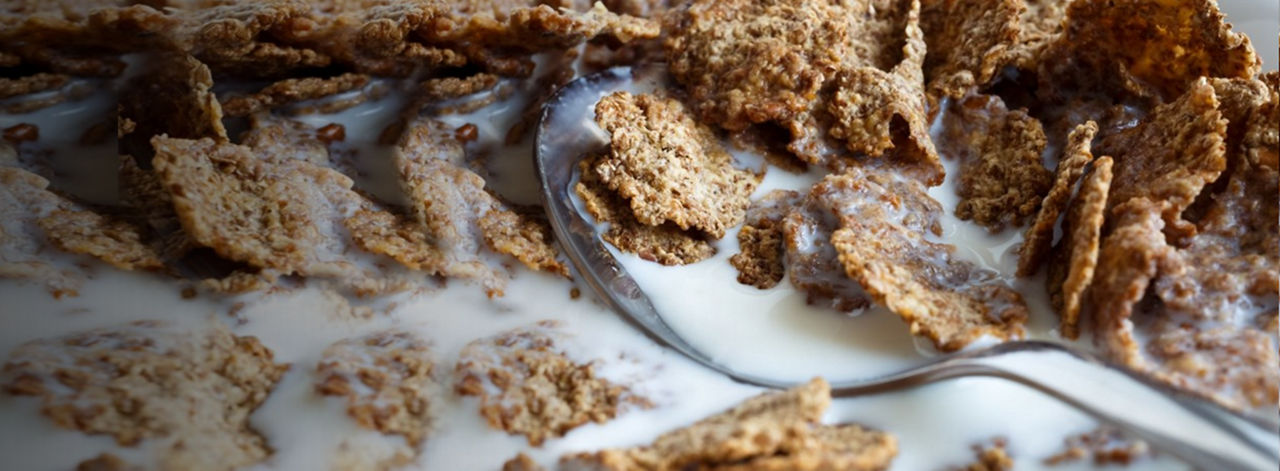Danone Specialized Nutrition (Malaysia) Sdn Bhd supports exclusive breastfeeding for your infant’s first six months of life. After six months of age, infants should receive age-appropriate complementary foods while breastfeeding continues for up to two years of age or beyond. Consult your doctor before deciding to use infant formula or if you have difficulty breastfeeding.
A child’s brain grows and develops rapidly during the first five years of his or her life.
Involving your child in active learning and doing positive activities are some of the ways you can optimize their brain development. At this stage, it is absolutely vital to ensure your child has the right consumption of healthy food. Foods containing DHA, antioxidants, choline, omega-3 fatty acids and carbohydrates will help improve their brain health.
Omega-3 Essential Fatty Acids
Omega-3 helps in optimizing their brain and eye development. Foods containing an abundance of omega-3 are salmon, shrimp, shellfish, legumes, eggs fortified with omega-3.
DHA
DHA is a type of Omega-3 that forms essential building block for your child’s brain and eye development. They are essential fatty acids because they can only be obtained from our diet. Here is how you can supplement DHA in your child’s diet:
1. Start from whole foods
Recommended dishes containing omega-3 & DHA :
● Serve salmon fillet or salmon salad with wheat bread
● Mix various types of legumes, dry wheat cereal and dried fruits for healthy snacking.
2. Supplement with milk
If your toddler isn’t a lover of omega-rich foods, you may supplement their DHA intake by providing DHA-enriched milk to their daily diet. Milk is the most convenient option in ensuring your child gets sufficient DHA in their diet without compromising the taste. A growing up formula milk enriched with DHA like Aptamil™ KID Growing Up Formula Milk can also help supplement their daily diet with DHA.
Find out about Aptamil™ KID Growing Up Milk.
Antioxidants
Antioxidants help prevent brain damage of your child in the event of an injury1. In addition, antioxidants are beneficial as it repairs the brain cranial nerves, protect neurons and brain cells from free radicals2-3. Examples of foods rich in antioxidants are strawberries, raspberries, spinach, legumes, and grains.
Recommended dishes which contain antioxidants:
● Fresh fruits with low-fat yogurt.
● Mix yogurt and fruits with added milk to make a smoothie.
● Add fresh cut strawberries or blueberries as sandwich filling. Fresh fruits are healthier than jam.
Choline
Choline is an essential nutrient for brain development and memory function of your child. Choline helps the brain to communicate with other parts of the body through nerves. Examples of foods containing choline are eggs (especially egg yolks), broccoli, yogurt, meat, tofu, and legumes.
Recommended dishes containing choline:
● Omelette
● Stir-fry tofu cut in cubes with meat and broccoli, serve with soba (noodles).
Complex Carbohydrates
Complex carbohydrates are whole wheat rich in fibre. It’s very important for your child’s overall brain function because complex carbohydrates work like fuel for the brain. Carbohydrates serves as the main sources of energy for the body. Foods rich in complex carbohydrates include whole wheat bread, pasta, biscuits, cereals, potato and brown rice.
Recommended dishes containing complex carbohydrates:
● A bowl of cereal and oatmeal served with low-fat milk
● Baked potatoes served with garlic and salad
● Brown rice served with vegetable stew
● Steamed or boiled peas or beans
Be sure your child has a balanced nutritional requirement for optimal brain development.
Do you know that other than brain development, raising children who are Resilient is more important for their success in the future? Learn more about Resilience here.
Source:
1. Arteaga, O., Álvarez, A., Revuelta, M., Santaolalla, F., Urtasun, A., & Hilario, E. (2017). Role of antioxidants in neonatal hypoxic–ischemic brain injury: New therapeutic approaches. International Journal of Molecular Sciences. MDPI AG. https://doi.org/10.3390/ijms18020265
2. Grant, R., & Guest, J. (2012). Effects of dietary derived antioxidants on the central nervous system. International Journal of Nutrition, Pharmacology, Neurological Diseases, 2(3), 185. https://doi.org/10.4103/2231-0738.99470
3. Lalkovičová, M., & Danielisová, V. (2016). Neuroprotection and antioxidants. Neural Regeneration Research. Editorial Board of Neural Regeneration Research. https://doi.org/10.4103/1673-5374.184447

Connect with our team of experts
We provide advice and support for you on your parenthood journey.

